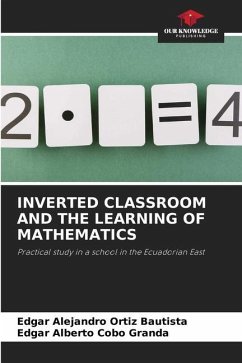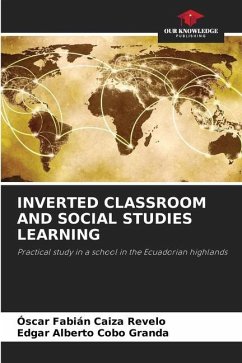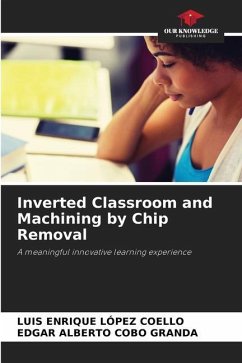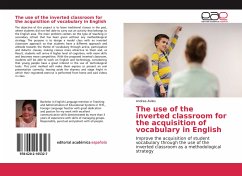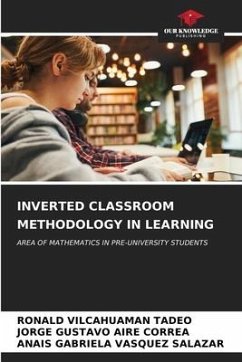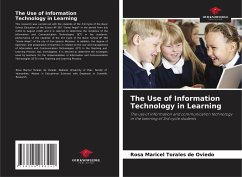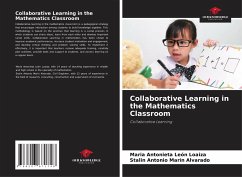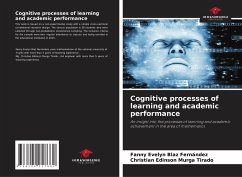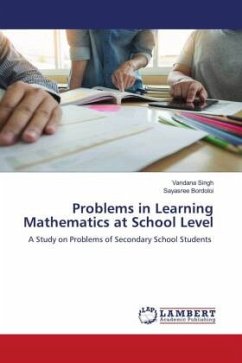
The Inverted Classroom and Mathematics Learning
A practical experience in Ecuador
Versandkostenfrei!
Versandfertig in 6-10 Tagen
40,99 €
inkl. MwSt.

PAYBACK Punkte
20 °P sammeln!
Education has redefined the scenarios of methodological strategies and with it the techniques, resources and evaluation tools that, aligned in an integral way, contribute significantly to student learning, leaving behind monotonous practices and leading to poor results, which generate in the student a rejection, more than to the teacher, to the subject, thus opening a gap between teacher and student regarding collaboration and coexistence in the classroom. The flipped classroom brings results that benefit student learning and simplify the administrative management of the teacher; this option g...
Education has redefined the scenarios of methodological strategies and with it the techniques, resources and evaluation tools that, aligned in an integral way, contribute significantly to student learning, leaving behind monotonous practices and leading to poor results, which generate in the student a rejection, more than to the teacher, to the subject, thus opening a gap between teacher and student regarding collaboration and coexistence in the classroom. The flipped classroom brings results that benefit student learning and simplify the administrative management of the teacher; this option guides students in the construction of their own knowledge. This work provides a significant contribution to the good use of the flipped classroom methodology in the learning of mathematics.





